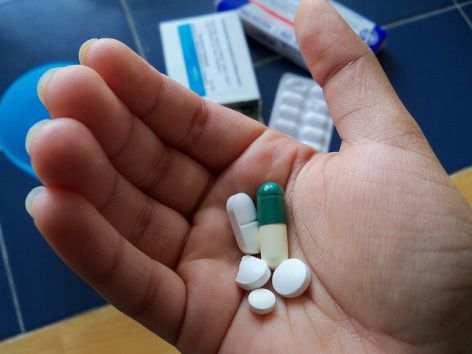Approximately 60 years ago, addiction was classified as a disease. This was an enormous step forward, as the new definition meant substance abuse was a health issue, not a personal failing. Unfortunately, old beliefs die hard, and six decades later, society still tends to blame the victim. This reluctance to accept addiction as a disease doesn’t just linger in the popular imagination: ; it affects how the medical community approaches addiction. Even though 23 million Americans struggle with substance abuse, only one percent of healthcare funds go towards drug rehabilitation and addiction treatment. But starting in 2014, this long-standing attitude may start to change. The Federal Health Care Overhaul When the Federal Health Care Overhaul kicks in next year, millions of currently uninsured Americans will be eligible for substance abuse treatment. At this point in time, the National Survey on Drug Use and Health reports only ten percent of Americans with substance abuse problems choose to seek help from a drug rehab center or medical facility. Up to 25 percent of those not seeking help report lack of health insurance as the primary obstacle standing between them and treatment. It’s possible the number of people seeking insured addiction treatment could double next year, depending on how many newly insured addicts choose to seek help. From the Margins to Mainstream Medicine This projected increase could flood existing drug rehab centers in some states, pushing substance abuse treatment into mainstream medical care. Currently, centers already operate at or near capacity in two-thirds of states. With rehab centers over capacity, insurance could mean the difference between getting treatment and being denied help. The sudden demand for treatment is also likely to result in more funding and new facilities to meet patient needs. Of course, an abundance of insured patients makes addiction counseling and treatment financially appealing to hospitals and healthcare practitioners. And while it may be a little cynical to tie treatment to insurance payments, it is worth it if it means the nation’s medical community provides more people with the help they need. Photo: Key Foster

